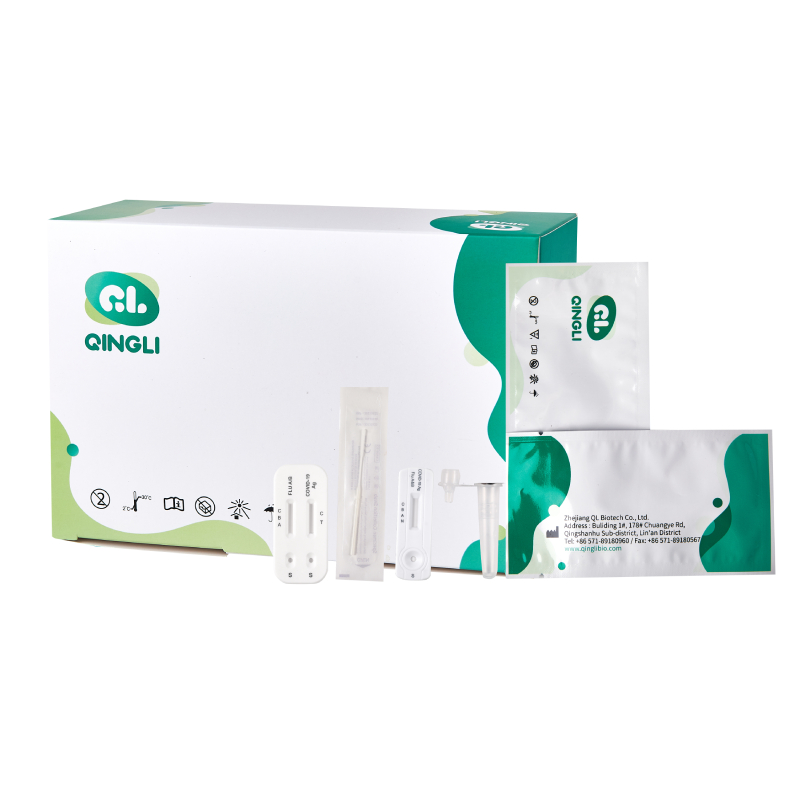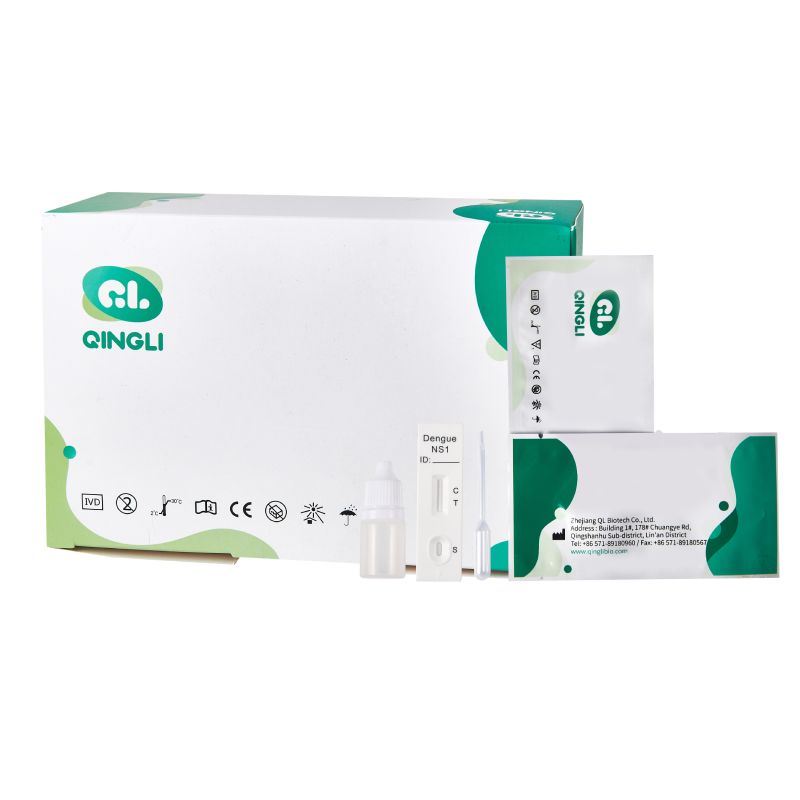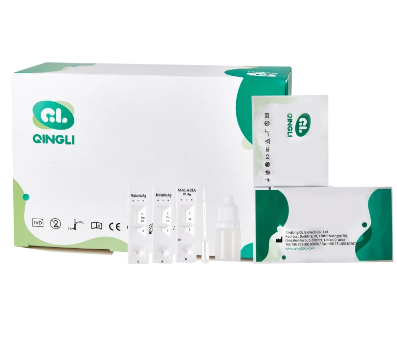Syphilis rapid test paper: convenient testing to help early prevention and control
Understanding Syphilis: Causes and Impact
Syphilis remains one of the most significant sexually transmitted infections (STIs) worldwide, with approximately 6 million new cases each year. Caused by the bacterium Treponema pallidum, syphilis is a complex disease that progresses through distinct stages, each with its own set of symptoms. The primary stage is characterized by a painless sore, followed by a rash in the secondary stage. If left untreated, syphilis can progress to latent and tertiary stages, potentially causing severe damage to multiple organ systems, including the cardiovascular and nervous systems, and can even be life-threatening. Understanding the course of syphilis and its consequences underpins the importance of early detection and intervention.
Identifying High-Risk Groups for Syphilis
Certain populations are at an increased risk for syphilis infection. These high-risk groups include individuals engaging in unprotected sex, those with multiple sexual partners, sex workers, and people who inject drugs. Additionally, there is a significant co-infection rate between syphilis and HIV, largely due to shared risk factors and transmission routes. Recognizing these high-risk groups can inform targeted interventions and education to reduce syphilis prevalence.
Preventive Measures to Combat Syphilis
● Practicing Safe Sex and Using Protection
The cornerstone of syphilis prevention lies in promoting safe sex practices. Correct and consistent use of condoms significantly reduces the risk of transmission. Public health campaigns emphasizing the importance of condom use and safe sex behaviors are essential in mitigating the spread of syphilis.
● Importance of Regular Health Screenings
Regular syphilis screenings are crucial, especially for those with high-risk behaviors. Screening every 3-6 months can lead to early detection and prompt treatment, effectively reducing transmission. Pregnant women should be screened at their first prenatal visit and retested later in pregnancy if necessary to prevent congenital transmission.
Introduction to Syphilis Rapid Test Paper
Rapid syphilis test papers, such as the One Step Rapid Syphilis Test, offer a convenient and accessible solution for early detection. These tests serve as an in vitro diagnostic tool designed for quick screening, providing results in a matter of minutes. By identifying both IgG and IgM antibodies, these tests can detect both recent and past infections, covering all stages of syphilis.
Step-by-Step Guide to Using Rapid Test Paper
● Sample Collection and Preparation
The One Step Rapid Syphilis Test can be performed using various sample types, including whole blood, serum, or plasma. For home testing, whole blood collected via a fingertip puncture is most practical. It’s important to ensure that the reagents, samples, and buffer solution are at room temperature before beginning the test.
● Interpreting Test Results Accurately
After sample and buffer application to the test paper, results can be read within 10 minutes. A positive result, indicated by both the test line (T line) and control line (C line) being colored, requires immediate medical follow-up for confirmation and treatment. A negative result, showing color only on the C line, suggests no antibodies were detected; however, it is important to consider the window period and potentially retest if high-risk exposure has occurred recently.
Advantages of Rapid Syphilis Testing
● Convenience and Speed of Obtaining Results
One Step Rapid Syphilis Test papers offer unparalleled convenience, delivering results in a mere 10 minutes without the need for specialized equipment. This makes them ideal for use not only in clinical settings but also at home or in remote areas where access to laboratory facilities is limited.
● High Compatibility with Various Sample Types
The versatility of the One Step Rapid Syphilis Test is evident in its compatibility with multiple sample types, particularly whole blood. This feature enhances the accessibility of the test, making it a suitable option for immediate screening needs.
Considerations and Limitations of Rapid Tests
● Understanding Window Periods and Potential for False Negatives
One limitation of rapid testing is the possibility of missing an infection during the window period, typically within 2-4 weeks post-exposure when antibodies may not yet be present. It is recommended to test at least four weeks after potential exposure, with a follow-up test after three months if necessary.
● Importance of Confirmatory Tests for Positive Results
While rapid tests provide a valuable preliminary screening tool, positive results should be confirmed with laboratory tests such as the Treponema Pallidum Particle Agglutination (TPPA) test or the Rapid Plasma Reagin (RPR) test. This is crucial to exclude potential false positives, which can occur due to interference from other conditions.
Storing and Handling Test Paper Properly
Proper storage and handling of the One Step Rapid Syphilis Test are essential to maintain its efficacy. The test strips should be stored in a dry environment at temperatures between 2°C and 30°C, away from direct sunlight. Ensuring the package is intact before use and adhering to the expiration date are crucial steps in safeguarding the accuracy of the test results.
Concluding Thoughts: Impact of Early Detection
Rapid syphilis test strips, such as those provided by the One Step Rapid Syphilis Test supplier, are a crucial component in the strategy to curb the spread of syphilis. By facilitating early detection and diagnosis, they enable timely treatment and reduce the risk of transmission. For individuals in high-risk categories, proactive self-testing plays a critical role in protecting personal and public health. Through the principles of "early detection, early diagnosis, and early treatment," we can effectively combat the spread of syphilis and safeguard community well-being.
● Company Profile
Zhejiang QL biotech Co., Ltd, the One Step Rapid Syphilis Test manufacturer, is a leader in producing diagnostic reagents. With a management and R&D team boasting over 20 years of experience in the IVD industry, QL biotech specializes in infectious disease products, cardiac marker detection, DOA products, and tumor markers. Committed to integrity, innovation, and respect, QL biotech's mission is to improve everyday life by providing reliable diagnostic solutions and maintaining a passion for continuous improvement.






